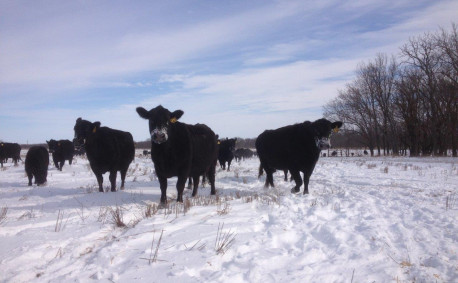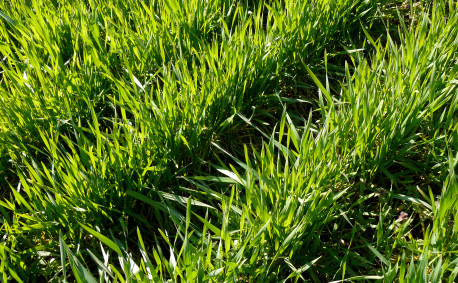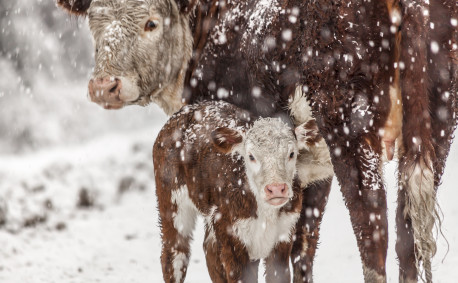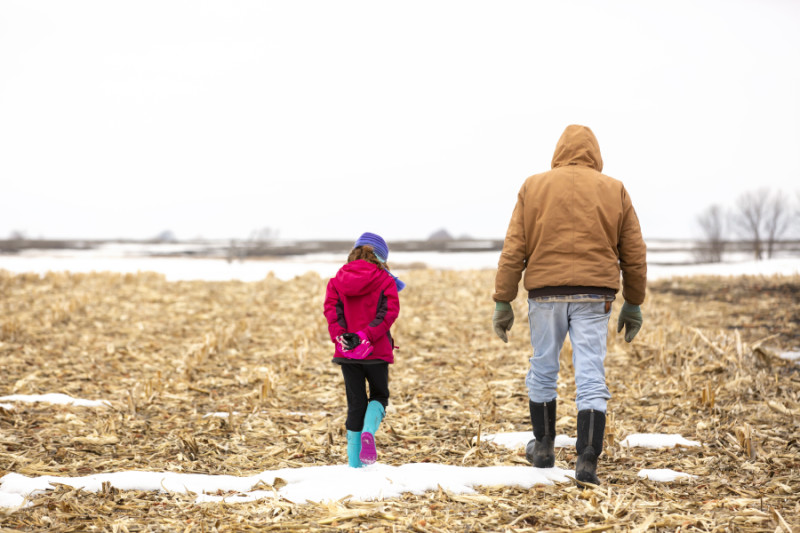Farming in the Winter
Wintertime is often a season to slow down, spend time with family and friends and stay indoors to avoid the blistering cold weather. For some, that’s exactly how winter plays out. But for farmers, these months are just as busy as any other time of year.
While the tasks may look a little different during winter, there are still chores to be done, no matter how frigid the temperatures are.
Winter Crops
Believe it or not, crop farming doesn’t necessarily end after harvest. For farmers who plant winter crops like onions, asparagus, garlic and spinach, this continues to be a busy time of year. Some farmers have a rush just before winter as they try to plant winter wheat and cover crops (which help prevent erosion and add nutrients to the soil) before the ground freezes.
Livestock
Many farmers also have livestock to think about. Providing hay and other feed when grass isn’t available, making sure animals have shelter from storms and monitoring breeding and birthing are all important considerations during the cold winter months.
Transporting Food
Because the rest of the year can be so chaotic, winter is a good time for farmers to transport some of their produce and grain to the next destination like a processing plant. Farmers who store their grain on-site after harvest may move it to elevators, mills or refineries. Global food markets also play a role in the timing of this decision, affecting storage capacities and prices.
Maintenance
One of the biggest headaches that can come with farming is broken or malfunctioning machinery. Winter is the perfect time to repair or conduct preventative maintenance on farming equipment. Working on engines helps keep farmers in the barn and out of the cold.
Other areas of the farm that often require winter maintenance include enclosure mechanisms like fencing and railings, and storage facilities like silos or barns.
Planning and Administrative Duties
As many of us think about resolutions for the year ahead, farmers are busy planning what crops to plant, which types of seeds to buy and whether to upgrade their farm equipment, as well as monitoring international ag markets and reviewing forecasted trends. The financial aspect of this planning affects the business side of their operations and is crucial to a profitable upcoming season.
And, of course, there’s always tax season to prepare for. From gathering documents to reviewing finances from the previous year, there is always plenty of bookkeeping work to be completed.
If you’re lucky enough to enjoy some time cozied up by the fire with a good book (and we hope you are!), take a moment to appreciate the hardworking farmers in Kansas who are keeping busy to help keep us fed.






